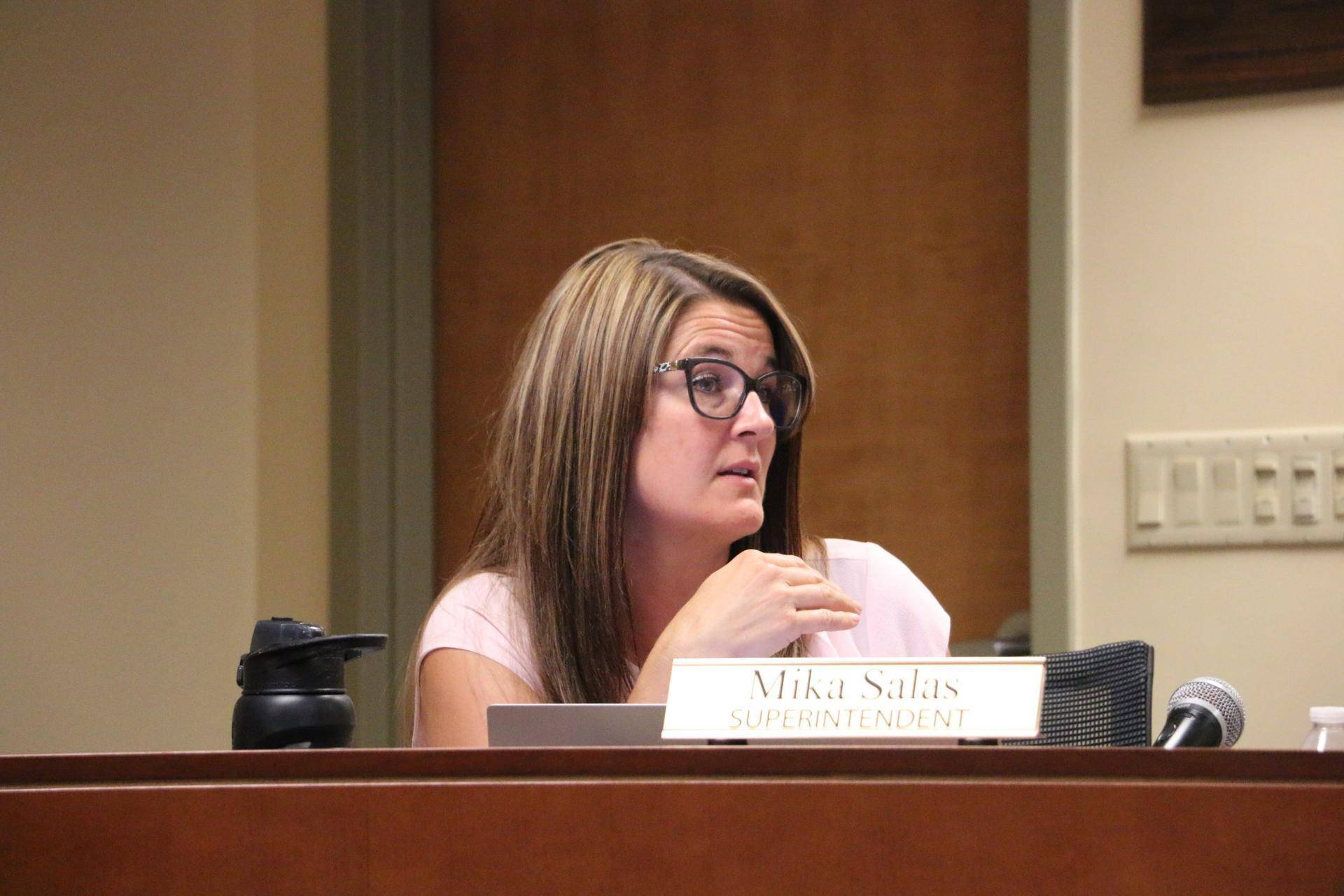During Carbon School Board’s regularly scheduled meeting last week, the board discussed Policy 407 – Basic Instruction Program regarding a 24 credit diploma for students in certain cases.
While the State of Utah requires a minimum of 18 credits to earn a high school diploma, Carbon High School (CHS) exceeds the state’s requirements by requiring a minimum of 30 credits to graduate.
However, Superintendent Mika Salas has been working to create a policy for students on an individual basis to only require 24 credits to graduate. These students will be entered in the program if one or more of the following criteria are met: a student enters his/her senior year with 16 credits or less, the student has documented health issues that prohibits consistent attendance or severely limits the student’s ability to complete assigned work, or a student who enrolls from outside the district when their previous school required fewer credits to graduate.
Board member Wayne Woodward expressed his concerns with the first criteria of the program. He said that it is unjust to give a student who did not put in the work to earn enough credits the same diploma as a student that strived to obtain the 30 credits required to graduate.
The superintendent explained that in most cases, the students who are credit deficient have circumstances in their life that are causing the student to fail in school.
“You cannot pick your parents and you cannot pick your situation,” said Superintendent Salas. “Of those students who we struggle with to make successful… there is always a story.”
Board President Jeffery Richens expressed that the board would like the parameters of the reasons for deficient credits explained in the policy, similar to the second criteria regarding health issues.
Nevertheless, whether the diploma is the full 30 credits or the reduced amount, the diploma from CHS would be the same. Carbon School District would still be requiring all students to take the same core classes. The only difference between the requirements would be that the 24 credit diploma would only require 5.5 electives rather than 10.5 and the Career and Technical Education (CTE) would be dropped to one credit instead of two.
“I believe I am requiring the same exact core courses, not reduced in the standards, not reduced in the rigor, not reduced in expectations, but allowing fewer electives and one fewer CTE to a student that is in this very small group,” said Superintendent Salas.
The policy’s potential text also states the lower credited diploma will not be considered for individuals who are already on track to become an early graduate or students with extreme behavior issues that are above the 16-credit threshold entering their senior year.
“We don’t want to incentivize poor behavior by letting them graduate with 24 credits. We want incentivize the appropriate behavior and teach that skill and still hold them at the 30 credit standard,” explained Supt. Salas.
After no further questions, board member Gwen Callahan made a motion to bring Policy 407 back for another reading with revisions in the text. Woodward seconded the motion, which will bring this item back to the agenda in September’s board meeting.
“I agree that students need be held accountable for their behavior, for their motivation… But we also do everything we can to make sure they can be successful,” said Superintendent Salas.

